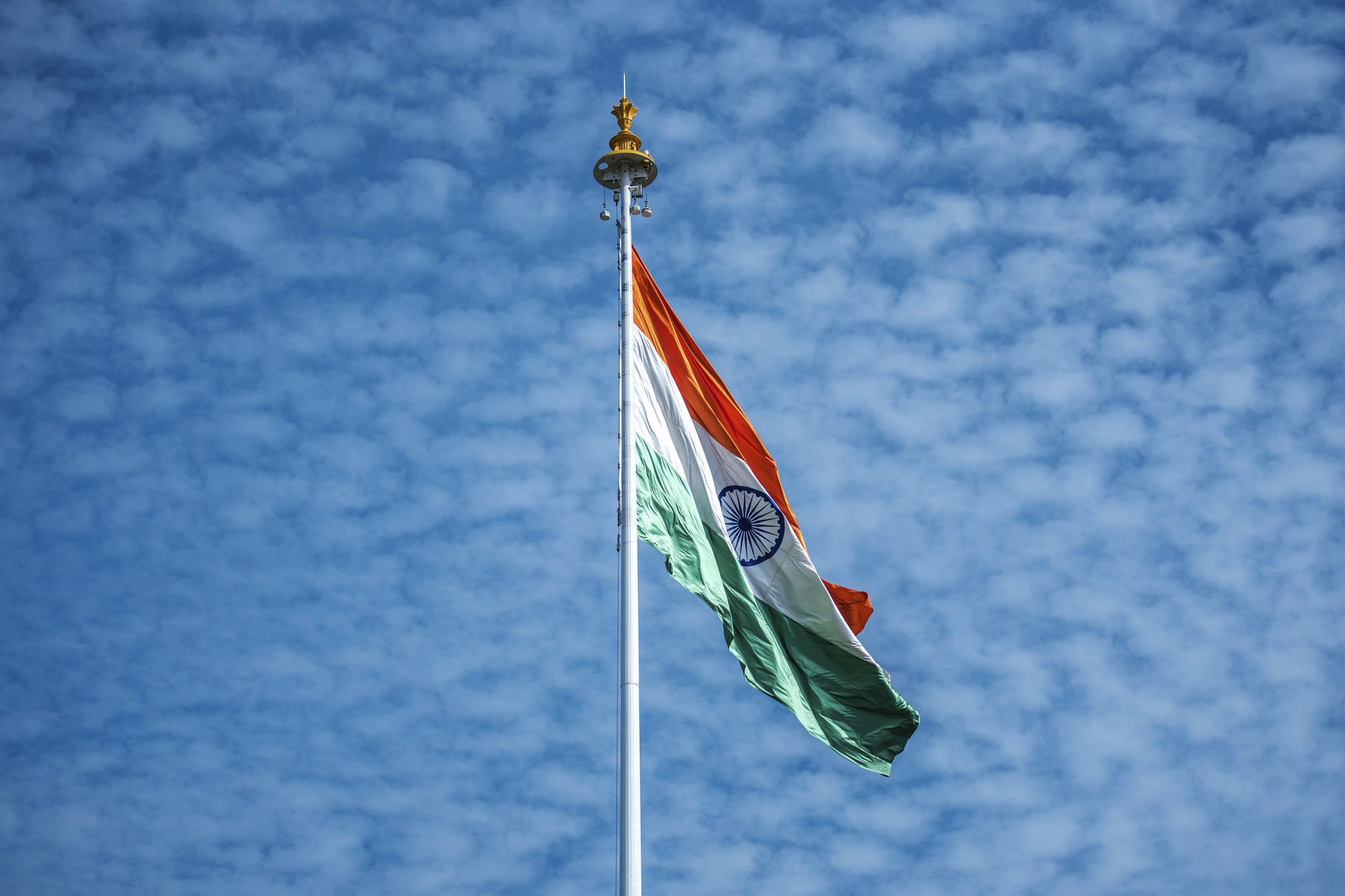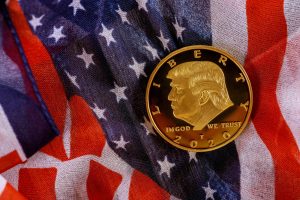India is poised to offer a rare and potentially precedent-setting trade concession to the United States in an effort to fast-track a bilateral agreement ahead of looming tariff decisions by President Donald Trump.
According to two senior Indian officials with direct knowledge of the negotiations, New Delhi is prepared to include a “forward most-favored-nation” (MFN) clause in its trade deal with Washington — a move that would automatically grant the U.S. any improved trade terms India offers to future partners.
“This clause, in a sense, future-proofs the U.S. deal,” said one of the officials, speaking on condition of anonymity due to the sensitive nature of the talks. “It would ensure that no subsequent trade partner gets a better deal.”
Unprecedented Offer Signals India’s Urgency
The forward MFN clause is rarely used in India’s trade policy toolkit and signals the strategic urgency with which New Delhi is approaching the U.S. talks. In recent months, India has shown more eagerness than other major U.S. trading partners — including Canada, the European Union, and even China — to strike a deal amid heightened global trade friction.
India’s trade ministry declined to comment officially on the report.
The offer comes as Trump’s proposed 26% reciprocal tariffs loom large over key Indian exports, including pharmaceuticals, textiles, and IT services. A final decision on these tariffs is expected before a 90-day window closes in July, intensifying pressure on both sides to finalize terms.
Washington Responds Cautiously But Optimistically
On Monday, U.S. Treasury Secretary Scott Bessent stated that India could become one of the first nations to sign a new trade agreement under the Trump administration’s renewed agenda, possibly as early as this week or next. He offered no specific details but confirmed that a roadmap had already been agreed upon.
The White House has made clear its intent to finalize multiple bilateral deals in the coming months to justify the reciprocal tariff program as a means to rebalance trade deficits and bolster domestic manufacturing.
Policy Context: India’s Balancing Act
In offering this clause, India is seeking not just to avert punitive tariffs but also to position itself as a key alternative to China in global supply chains, especially amid ongoing U.S.-China tensions.
However, the move also carries strategic risk for India. The clause could limit its flexibility in future trade negotiations, particularly with the European Union and the United Kingdom, who have requested similar terms in ongoing talks. While India has not yet committed to such provisions with the EU, officials acknowledge that any deal with the U.S. could set a lasting precedent.
Ajay Srivastava, a former trade negotiator and now founder of the Global Trade Research Initiative, called the clause a “high-value concession” that would effectively elevate U.S.-India trade relations to a new tier.
“India is clearly prioritizing the U.S. deal and using it as leverage to access American markets vacated by China,” Srivastava said. “But this may create expectations among other partners down the road.”
Analyst Insight: Market Access in Exchange for Security
Sources suggest India is also seeking explicit U.S. assurances that it can expand its presence in American markets — particularly in sectors where Chinese suppliers have retreated due to tariffs and regulatory pressure. These include textiles, specialty chemicals, and low-cost electronics.
“India wants not just to avoid tariffs but to secure a foothold in sectors where the U.S. is looking to diversify away from China,” one official noted. “This deal is part of that calculus.”
What’s Next: Deal Imminent, But Challenges Remain
While both sides appear motivated to finalize an agreement, significant hurdles remain, including disputes over data localization, digital trade, and agricultural access.
Still, officials in both capitals remain optimistic that a limited agreement could be signed within weeks, offering a diplomatic and economic win for both nations as they navigate turbulent global trade dynamics.
If signed, the deal would mark a significant turning point in U.S.-India trade relations, setting a new standard for how emerging markets negotiate with Washington — and perhaps reshaping the strategic balance of the Indo-Pacific.







